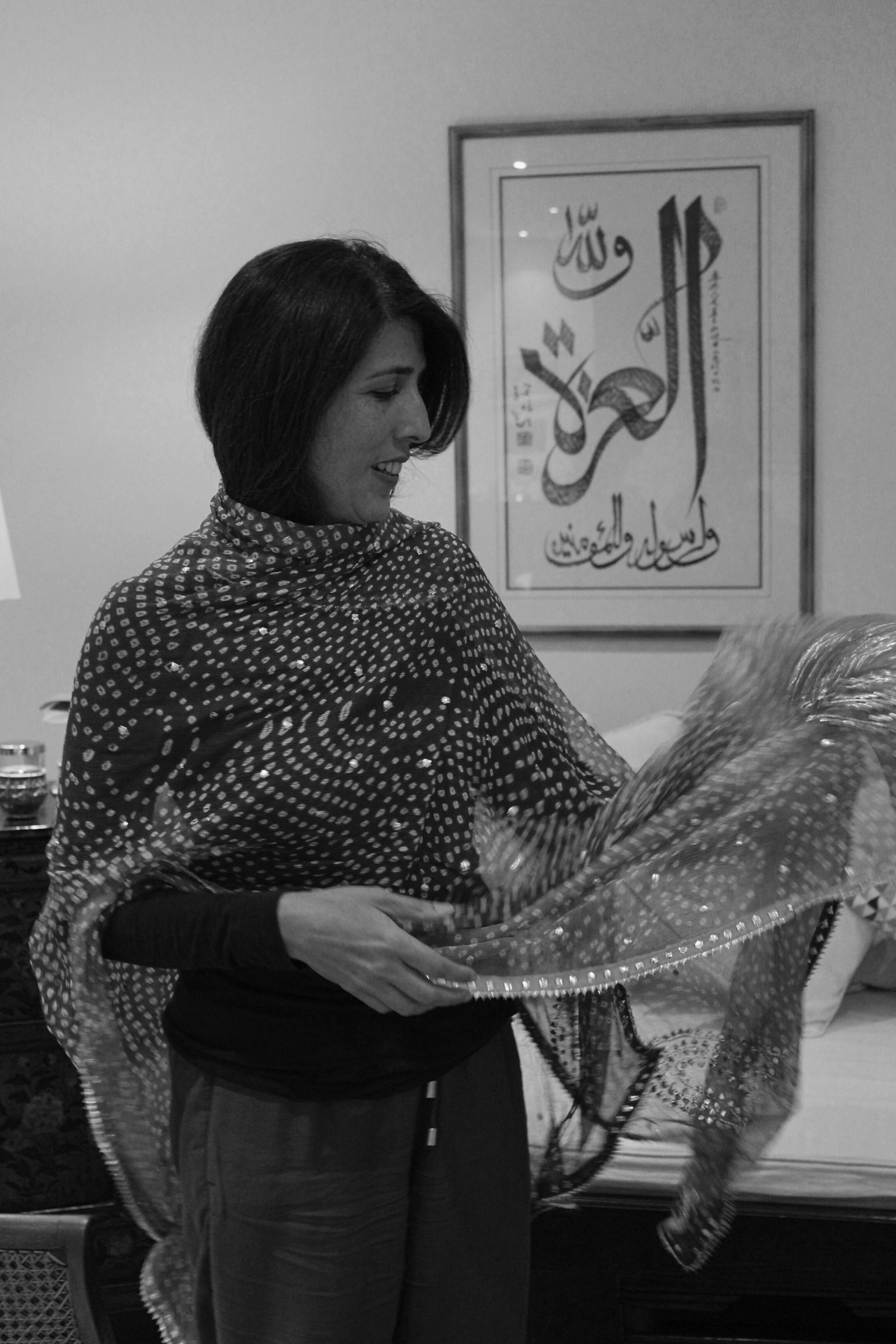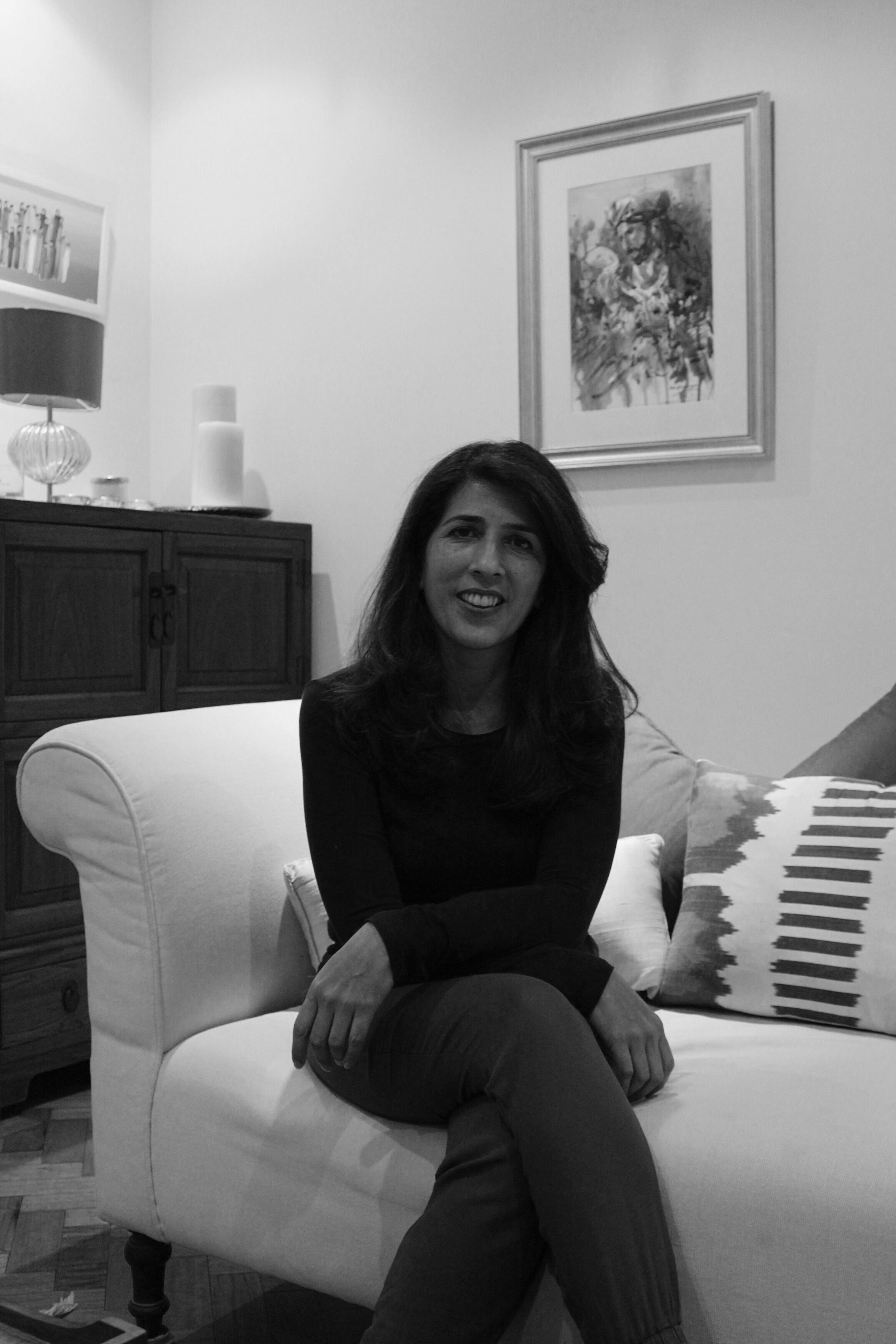"Until people told you you were different, you did not think you were"
Thank you to Sanober Fasihi for taking the time to sit down and do a personal interview about the struggles she faced growing up as a Person of colour in London, and the changes she has seen since then.
I am ethnically of Indo-Pakistani origin, but my family and I became refugees as a result of the war in 1971. As a six year old, I moved from East Pakistan to Wandsworth and enrolled at a local school in New Malden. It was a tiny English village at the time, where you would not see many faces of different colours or nationalities. The culture shock for me was suddenly realising that we were different; that I was the wrong colour and looked wrong in this sort of country.
People would make sure to let me know I stood out. Many would stare and older English people would often be surprised and tell me how good my English were, which is something I never knew how to respond to. Because of my upbringing, I could not speak out of turn to an older person, but a part of me wanted to correct them and say: ‘actually, I grew up speaking English, why would I not?’.
Although I was young at the time, I can still remember the first time I understood I was different. On our way to school, me and my siblings would walk past a house occupied by an English Caucasian family who would call us racially abusive words like ‘paki’, but this one time in particular we were chased down the road. I remember my heart racing because I was so scared, and that was the experience that made it clear to me that I was occupying another world.
A big difference that I see now in comparison to when I was young is that you see a lot more Asian people making music and literature, and having a presence in the media, whether it is on a big news program or in TV shows – and they are not apologetic about who and what they are. The same goes for my children. They walk the world of being of both British and Pakistani origin very well and they have enjoyed being able to struggle these two walls. And in some ways it is a privilege, because the more culture you embrace and the more languages you speak, the more you feel like a global citizen.
There is no doubt that there has been positive changes, but with that being said, there is still a need for further improvements. Once again, you do not feel different till you are made to feel different, and that is what my daughter experienced when she left London for Bath. She was shocked by the everyday racism she encountered. People would say things like “you are actually quite pretty for an Asian person”. In one way you can argue that things have changed because I did not have to leave London to experience racism, whereas my kids do not experience it here. But when you go outside of London and the bigger cities, you are still likely to discover less progressive mindsets.
In my lifetime, I have learned that where you are born and who you are born to affects everything that happens to you. I clearly remember realizing exactly that one day as I spotted a man crossing the road and could not believe how much he looked like my father. I was living in Delhi at the time, and I was looking out the window from my rather large car, as I sat next to my driver. It was a burning hot day, and I could not help but think about how different our worlds were, and how it was all because of the circumstances of my birth. I was lucky enough to be born to educated and adventurous parents who are willing to take a risk, who left Asia and strove to do better. Coming out of poverty is possible but also rare, and that is the privilege of birth. Every opportunity and everything that has happened in my life, leading up to this moment, is because my parents made it possible.
Sanober Fasihi’s home in New Malden.
Photos taken by Sanober while she was living in Pakistan.




